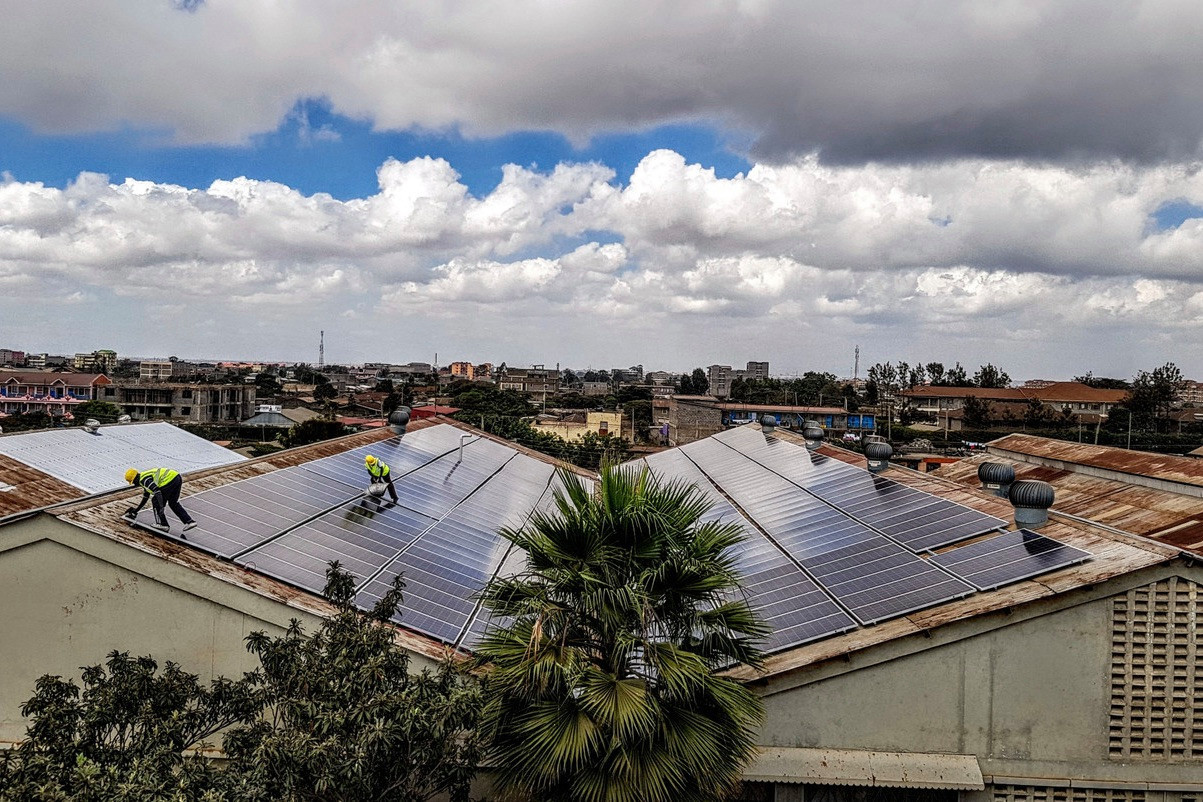The transition to a net zero economy within the next few decades cannot work if developed markets solely focus on themselves. Between lack of space for the necessary growth and a consideration for growing markets, investors from capital markets also need to look outwards. The investment needed by 2030 to adapt to and mitigate the changing climate is too scarce, despite the rapid expansion of green bonds. One panellist put a price tag on it: a $32trn investment will be needed by 2030. Today, he said, we are at $6bn per annum--a far cry from the estimate. The OECD has estimated that $6.9trn is needed annually in low-carbon, climate-resilient infrastructure too.
Multilateral cooperation and investments into emerging markets are the key to hitting net zero targets, but they are too scarce, according to the experts. Despite presenting many opportunities, emerging markets suffer from a disparity in liquidities, liquidities that are needed for investments in actual governance, one panelist said. Just by creating a market infrastructure and “doing our job better” as financial players, this could improve chances for EMs.
Building trust for net zero
Financial players will play a crucial role in the effort towards net zero. Capital markets cannot thrive if the various ecosystems they rely on are dying. “We all have skin in the game,” said one panellist, who stressed that current actions were not putting the world on track for meeting the 2050 climate goal.
Concrete measures need to be taken to work on the connection between the Global North and the Global South. “There is a trust issue between those responsible for CO2 emissions and those impacted the most,” one panellist said. The issue here lies within the fact that, though developed markets historically are responsible for the majority of CO2 emissions, emerging markets are quickly catching up due to their production. As the expert put it: “If we don’t deliver as the Global North, why should the Global South?”
The developed countries therefore should put further emphasis on funding sustainable projects, greening their energy, investing in renewable technology and, to build a connection with the Global South, partnering up with emerging markets. The private sector will be needed to finance the development of emerging countries. Growth will take place in the emerging markets, not the OCDE countries--presenting a bigger opportunity in the race towards net zero. EU players so far have not used this opportunity enough.
A solution to workforce shortage
As a by-product of collaborating with emerging markets, investing in them and putting into action past promises, this shift towards “leaving no one behind” and multilateral cooperation could also solve another prevalent issue: being attractive to the younger generations of workers. Showing commitment to the greater good and demonstrating one’s ability to bring change will appeal a new force that is focused “less on the baseline and more on the purpose”.
